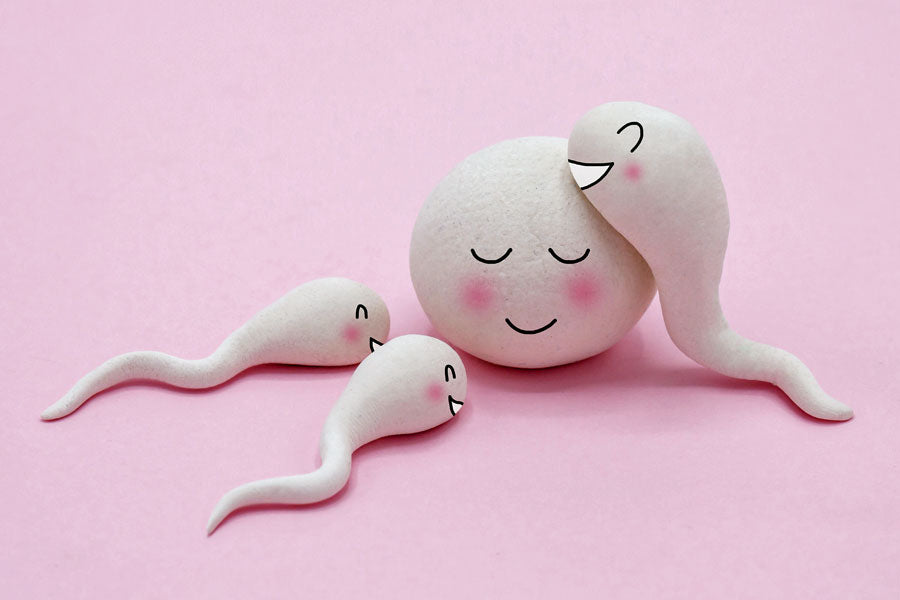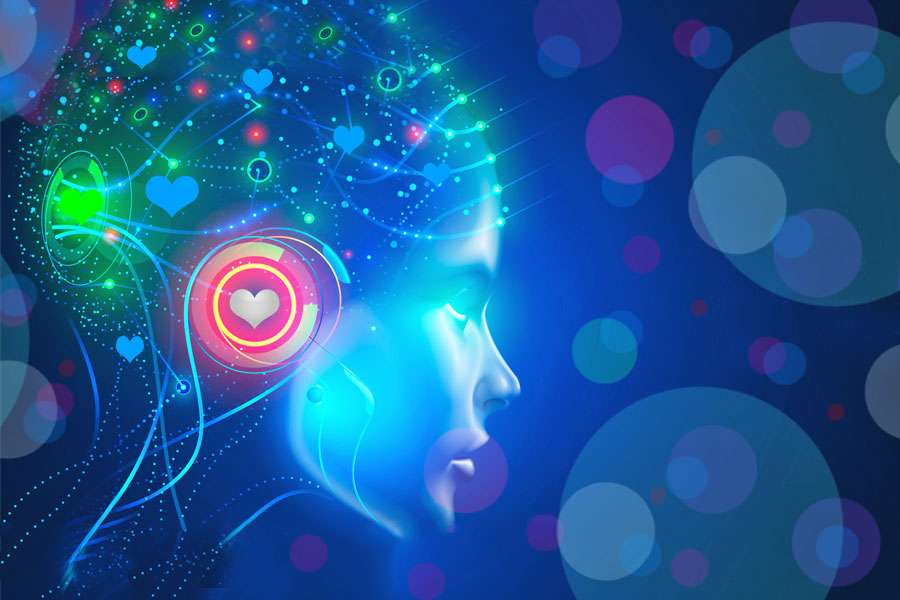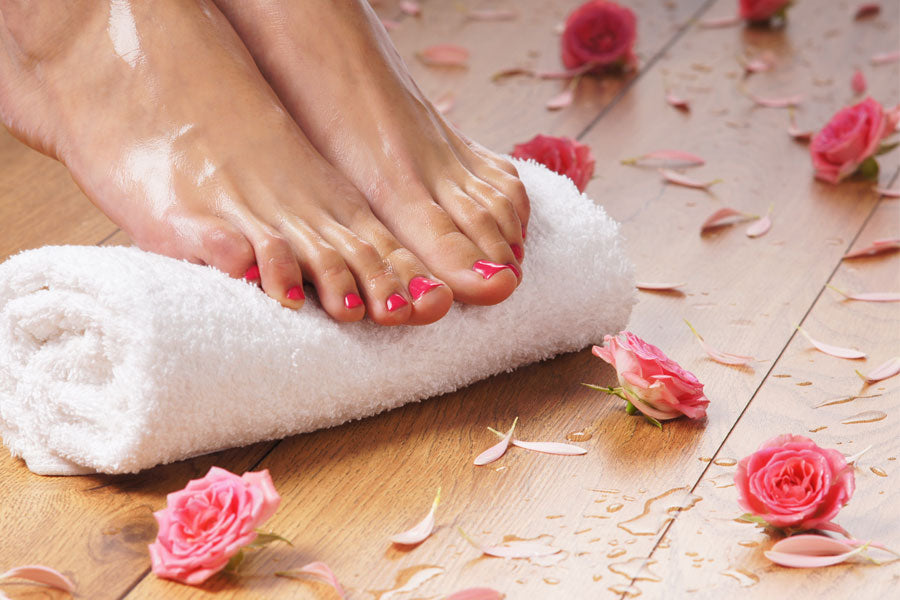Trusted for 25+ Years
Why Does Driving Suddenly Give Me Anxiety? Blame Perimenopause!

Dr. Lisa Lawless, CEO of Holistic Wisdom
Clinical Psychotherapist: Relationship & Sexual Health Expert

There you are, in your early 40's sitting in traffic, minding your own business, when suddenly your heart is pounding like a rave in your chest, your hands are slippery with sweat, and your brain is screaming something along the lines of “ABORT MISSION.”
Welcome to the fun, confusing world of perimenopausal driving anxiety. Yes, this is a thing. A weird, scary, very real thing. And if your once-carefree road trips now feel like white-knuckled marathons of dread, you are absolutely not alone.
Perimenopause + Driving Anxiety = What Fresh Hell Is This?
Perimenopause is the transitional phase before menopause when your hormone levels start playing an unpredictable game of “Let’s See How She Handles This.” Your estrogen and progesterone levels fluctuate wildly, and these shifts directly affect your mood, your nervous system, and your ability to stay calm while merging onto the highway.
Let’s break it down.
Estrogen helps regulate serotonin and dopamine, which are neurotransmitters that keep us emotionally balanced. When estrogen drops, so does your brain’s chill factor.
Progesterone is like your body’s built-in Xanax. It promotes calm, sleep, and relaxation. When it dips (as it loves to do in perimenopause), you’re more vulnerable to panic, intrusive thoughts, and body-based anxiety.
A study in Menopause found that perimenopausal women are more than three times as likely to experience new or worsening anxiety. And that includes situational anxiety, like, say, while driving on a busy freeway or in bad weather.
What Driving Anxiety Looks Like in Perimenopause
You may not have a history of anxiety. You may even like driving, or at least, you did. Then one day you’re behind the wheel and…
- Your heart races for no reason
- You feel a wave of doom while stopped at a red light
- You're suddenly hyper-aware of everything like the other cars, the speed limit, your breathing
- You avoid left turns, highways, bridges, tunnels, nighttime driving, or anything outside your 5-minute safety radius
- You white-knuckle the steering wheel while your brain whispers, “What if you lose control?”
It’s not just you. This is your nervous system reacting to hormonal chaos.
But Why Driving?
Because driving is already a high-alert activity. You’re moving fast, surrounded by unpredictability, and (fun!) you’re in a two-ton hunk of metal.
When your hormone levels start messing with your brain’s fear center (hello, amygdala), even routine situations can start feeling like threats. That’s why driving becomes a trigger for panic or anxious thinking, especially when you’re overtired, overstimulated, or haven’t eaten (looking at you, low blood sugar).
Plus, perimenopause tends to dial up sensory sensitivity, so headlights, honking, merging traffic, and your own GPS yelling at you can all feel like too much at once.
Real Tips That Actually Help
1. Chewing Gum While Driving
You know how anxious kids chew on everything? They’re onto something. Chewing gum activates the parasympathetic nervous system, your body’s natural calm-down mechanism. Studies show that gum chewing can reduce cortisol and anxiety.
Keep some gum in the car. The mintier or fruitier, the better.
2. Sour Candy: The Emergency Brake for Panic
This one sounds ridiculous until it works. When you feel a surge of anxiety, pop a sour candy. The intense flavor pulls your focus back to your mouth and away from your spiraling thoughts. It’s a grounding hack therapists often use for panic attacks.
Try sour strips, lemon drops, or Warheads. (Yes, really. Warheads.)
3. Box Breathing (That Doesn’t Make You More Anxious)
Inhale through your nose for 4 counts. Hold for 4. Exhale through your mouth for 6 counts. Repeat while you’re parked or even while driving, just don’t close your eyes (been there). This slows your heart rate and helps reset your nervous system.
Extra tip: Pair breathing with a mantra like “I am safe, I am steady.” Cheesy? Sure. Effective? Yep.
4. Avoid Caffeine Before Driving
Not to be dramatic, but caffeine is gasoline on perimenopausal anxiety. Even your usual morning latte can spike your adrenaline just enough to make you feel panicky behind the wheel. Try switching to herbal tea or decaf and see if it helps.
5. Know Your Triggers, Plan Around Them
If certain routes or times of day are more stressful, don’t force it. Take the side streets. Avoid rush hour. Use a driving buddy if needed. You’re not being weak, you’re being smart. Many women use this phase of life to re-learn what actually feels safe and supportive for them.
6. Talk to Your Healthcare Provider
If driving anxiety is interfering with your life, talk to a clinician about it. HRT (hormone replacement therapy), low-dose anti-anxiety meds, or therapy (especially CBT or somatic work) can make a massive difference. A 2022 Lancet review confirmed that tailored hormone support can ease mood and anxiety symptoms for women in midlife.
You’re Not “Crazy, ”You’re in Transition
This may feel terrifying, but it’s also temporary. Your body is adapting, your brain is rewiring, and your nervous system is trying to find its new normal. The driving anxiety, the dread, the shaky, sweaty “what if” moments, they don’t mean you’re losing it. They mean your hormones are calling the shots right now, but you can take the wheel back.
One breath, one estrogen patch, one sour candy, and one slow turn at a time! You got this girl!





